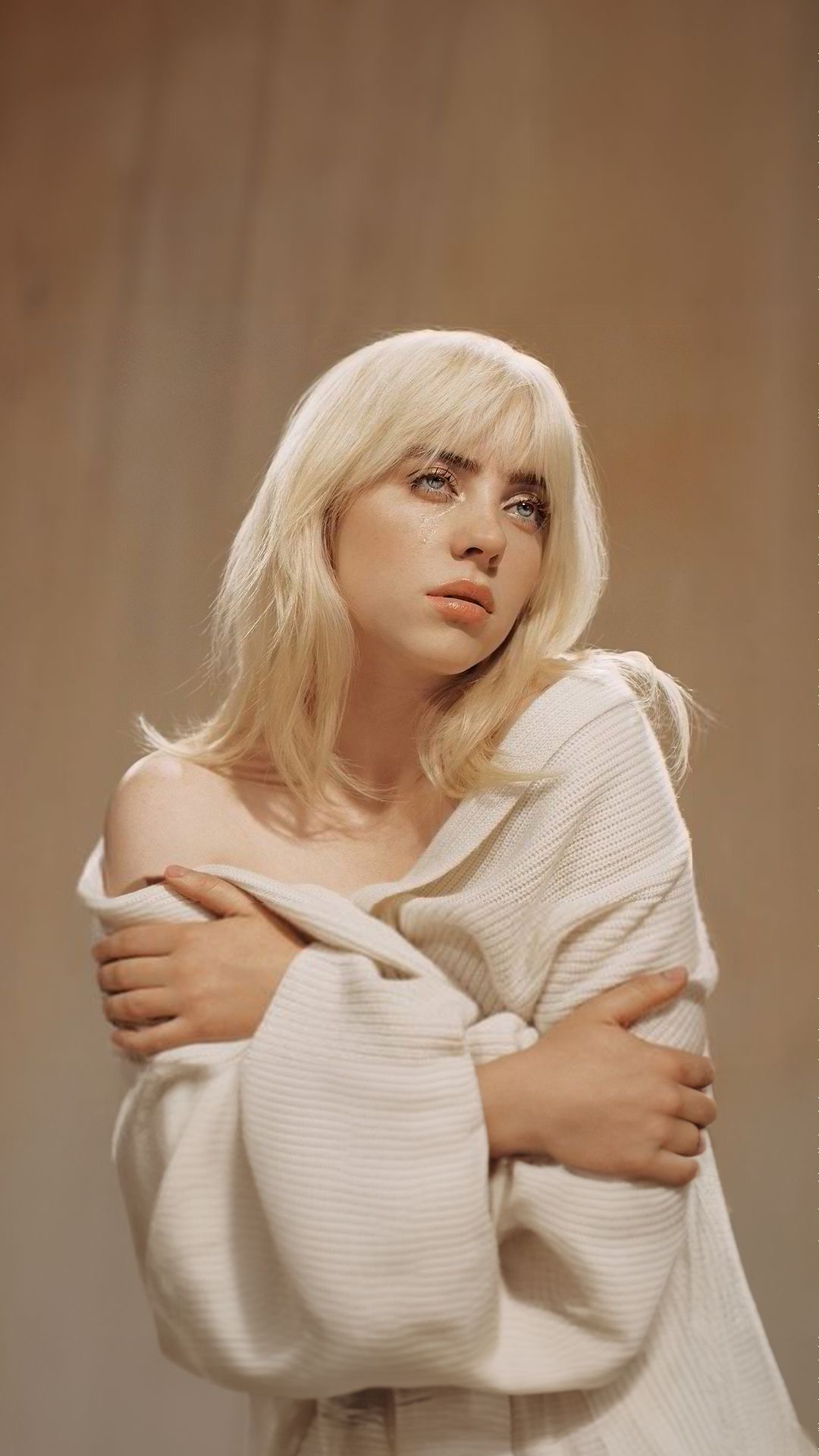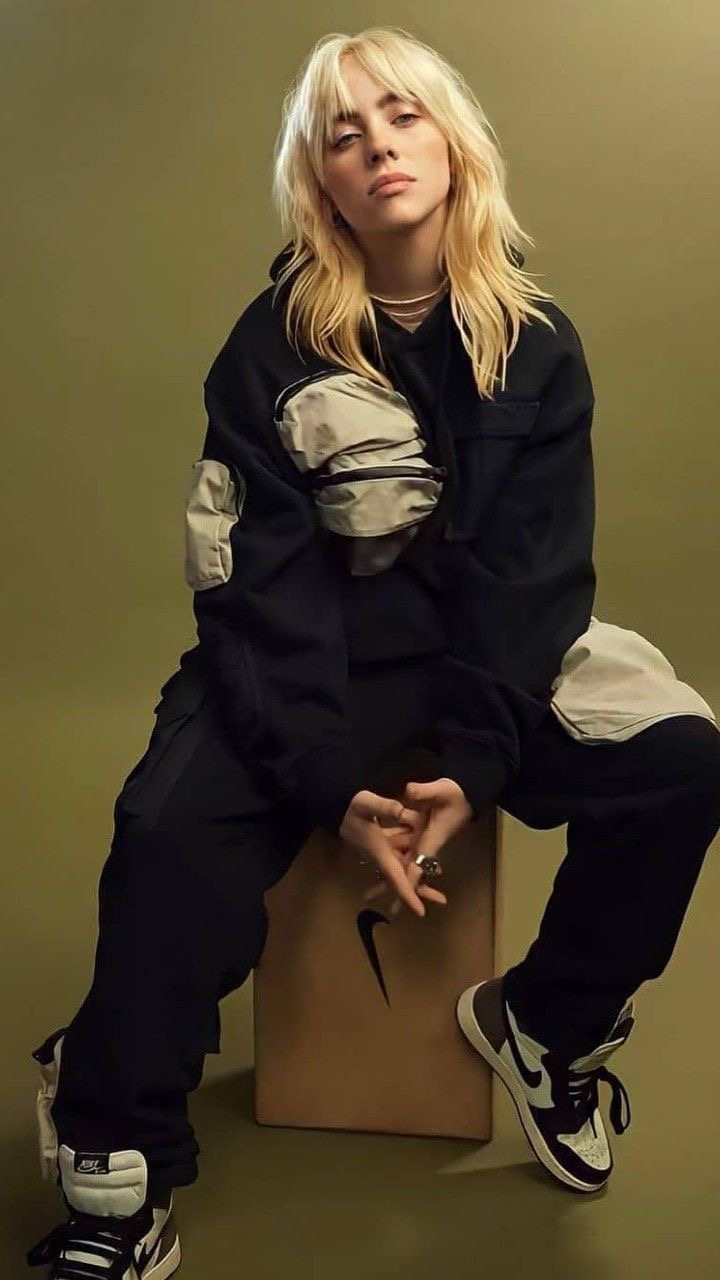Billie Eilish’s debut album, When We All Fall Asleep, Where Do We Go?, marked the culmination of a series of EPs and singles that catapulted her to stardom as a teenager. This album not only signaled the beginning of Eilish’s career but also, in a way, its climax. An idiosyncratic exploration of the darker aspects of modern girlhood, *When We All Fall Asleep* was a masterpiece that brought Eilish unprecedented fame, but also disrupted her life. Her follow-up, *Happier Than Ever*, delved into the pain that accompanied her meteoric rise. The music retained its jittery quality, with eerie beats and unpredictable soundbites, but the innocence and wonder that characterized her earlier work seemed diminished. This sense of loss persists in her latest offering, Hit Me Hard And Soft.

When We All Fall Asleep, Where Do We Go? was crafted for intimate settings, a collection of glitchy anthems perfect for late-night doomscrolling. In contrast, *Happier Than Ever* targeted TikTok and radio audiences. Now, with Hit Me Hard And Soft, Eilish aims for arena-level grandeur. Some tracks on the new album are undeniably massive in scale, but does this align with what we want from Eilish?
Tracks like “Wildflower” and “The Greatest” build into colossal, towering storms, yet beyond their sheer sonic largeness, they lack the striking qualities that would justify their grandeur. On the other hand, the earlier parts of the album are much more compelling. The opener “Skinny” stands out as a show-stopper, leveraging the beauty of Eilish’s breathy vocals that made her Barbie ballad “What Was I Made For?” a surprise hit. “Skinny” is profoundly moving, with despondent guitar chords and gut-punch lyrics: “People say I look happy/ Just because I got skinny/ But the old me is still me and maybe the real me/ And I think she’s pretty.” The poignant ballad concludes with a lush string arrangement before transitioning into the upbeat “Lunch,” a groovy anthem about desire that features bewitching gasps as instruments and memorable lines like “It’s a craving not a crush.”

Eilish’s strength lies in creating alluring atmospheres, a skill showcased in “Chihiro.” Here, she excels in a minimalist, acerbic, and futuristic soundscape. The track features her signature mumble-whisper vocal style, underpinned by a mischievous bassline and eventually overtaken by a videogame-like synth, culminating in a five-minute journey defined by its unique ambiance. This is where Eilish shines brightest, far more than in the album’s midsection attempts to replicate the viral success of the “Happier Than Ever” climax, which dominated the internet with lines like “I don’t relate to you, no/ ’Cause I’d never treat me this shitty/ You made me hate this city/ And I don’t talk shit about you on the internet.”
In *Hit Me Hard And Soft*, Billie Eilish continues to navigate the complexities of her fame and artistry, striving for new heights while grappling with the shadows of her past success. The album’s true power lies not in its attempts at grandeur but in its moments of intimate, evocative storytelling.
